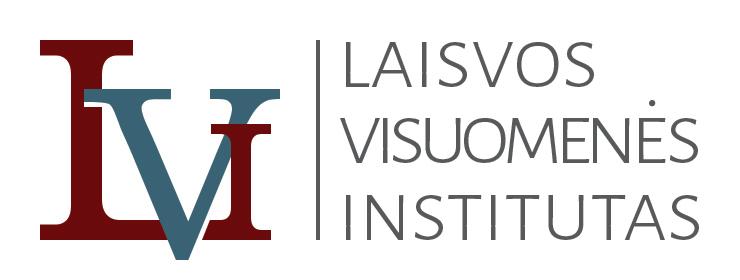About us
The Free Society Institute (Laisvos visuomenės institutas, hereafter FSI) is a non-governmental, not-for-profit advocacy organization, established in 2013. FSI actively participates in preserving and expanding free society in Lithuania –
FSI MISSION is to foster the principal elements of the common good by informing and mobilizing society and participating in the legislative process.
FSI VALUES:
- A free society is based on the agreement on the natural rights and freedoms of each individual.
- In a free society, the state respects and protects the natural rights and freedoms of each individual, and the resulting primary communities.
- In a free society, each person is free to make decisions about their life, and at the same time is committed to preserving the common good, i.e. the living conditions that best enable the flourishing of each human being.
FSI promotes the vision of a free society and seeks to enshrine its foundations in law.
Free society
Freedom is a sine qua non of each dignified human life. Yet, by their nature humans are not only free but also social. A fulfilling life cannot be lived autonomously, without help of other people and without a society. The goods necessary for human happiness– family, education, culture, scientific inquiry, economic activity, and religion, may appear and persist only in a society.
Genuine freedom is never abstract or formal. A mere abolition of formal restrictions and constraints on a person’s choices does not guarantee human freedom. If the goods necessary for human flourishing cease to exist, freedom also withers. A society that neglects prerequisites for a fulfilling life ceases to be free. Absent the goods from which a person can choose, freedom of choice is formal and illusory.
A free society always fulfils three conditions:
1) the goods that are necessary for the flourishing of a person,
2) absence of excessive or unjustified constraints on the choice of these goods,
3) the person’s ability to strive for meaningful goals in life.
Failure to meet any of these conditions inevitably destroys freedom. Consider the following examples for each condition:
1) deterioration of educational institutions compromises real freedom to choose a quality education.
2) laws compelling people to act against their conscience, destroy the freedom of conscience or religion.
3) failure of education, culture, and the rule of law to cultivate virtues, such as temperance and charity—through, obstructs people’s ability to strive for meaningful goals in life.
Indeed, a society can be genuinely free only when it fosters the goods necessary for the flourishing of each person, that constitute the common good; when it does not set unfounded and unjust restrictions for its members, and when it creates favorable conditions for its members to develop virtues, needed for pursuits of meaningful goals.
Sadly, today we face vigorous promotion of ideologies that, while claiming to champion freedom, actually threaten the conditions necessary for survival of free society. Such ideologies reject the notion of the common good for an individualistic understanding of human rights and moral relativism.
Primary objectives of FSI:
To preserve and expand the free society in Lithuania FSI aims to uphold the following cornerstones of the common good:
– a legal order based on justice and reason,
– human dignity and life from conception to natural death,
– the natural family based on marriage and/or family ties,
– the right of parents to educate their children in accordance with their moral beliefs,
– freedom of religion and conscience,
– freedom of speech and conviction,
– fair conditions for business and work,
– freedom of science and academic research,
– sustainable environment,
– education and culture that imparts a sense of morality, kindness and beauty,
– the continuity of traditions that have formed the identity of the nation.
Activities
FSI constantly follows the state of the relevant academic debate and the legislative process in Lithuania as well as in foreign countries, developing and disseminating ideas and knowledge about free society. FSI also mobilizes voters and relays to politicians citizens’ initiatives for safeguarding and perfecting the legal status of the cornerstones of the free society.


Financial reports
Below is a list of financial reports, detailing the activities, income and expenses of FSI (Lithuanian only).
2022 y. LVI FINANCIAL REPORT |
|
2022 y. EXPLANATION SCRIPT |
|
2022 y. LVI FINANCIAL REPORT |
|
2021 y. FINANCIAL REPORT |
|
2021 y. AUDITOR’S CONCLUSION |
|
2021 y. FINANCIAL REPORTS |
|
2020 y. FINANCIAL REPORT |
|
2019 y. FINANCIAL REPORT |
|
2019 y. AUDIT REPORT |
|
2018 y. FINANCIAL REPORT |
|
2017 y. FINANCIAL REPORT |
|
2016 Y. FINANCIAL REPORT |
|
2015 Y. FINANCIAL REPORT |
|
2014 Y. FINANCIAL REPORT |
Team

Diana Karvelienė
Director Area of competence:
marketing,
communication,
management, business administration.
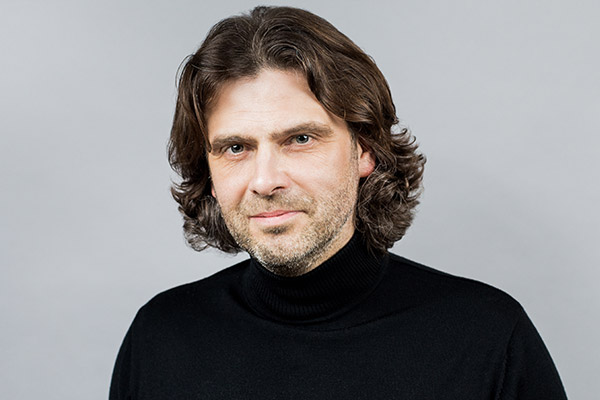
Audrius Globys
Board chairman Area of competence:
business management,
religion.

Kristina Zamarytė - Sakavičienė
Board member Area of competence:
bio-law,
bioethics,
pharmaceutical law.

Dr. Vygantas Malinauskas
Board member Area of competence:
administrative law,
legal theory,
political philosophy.
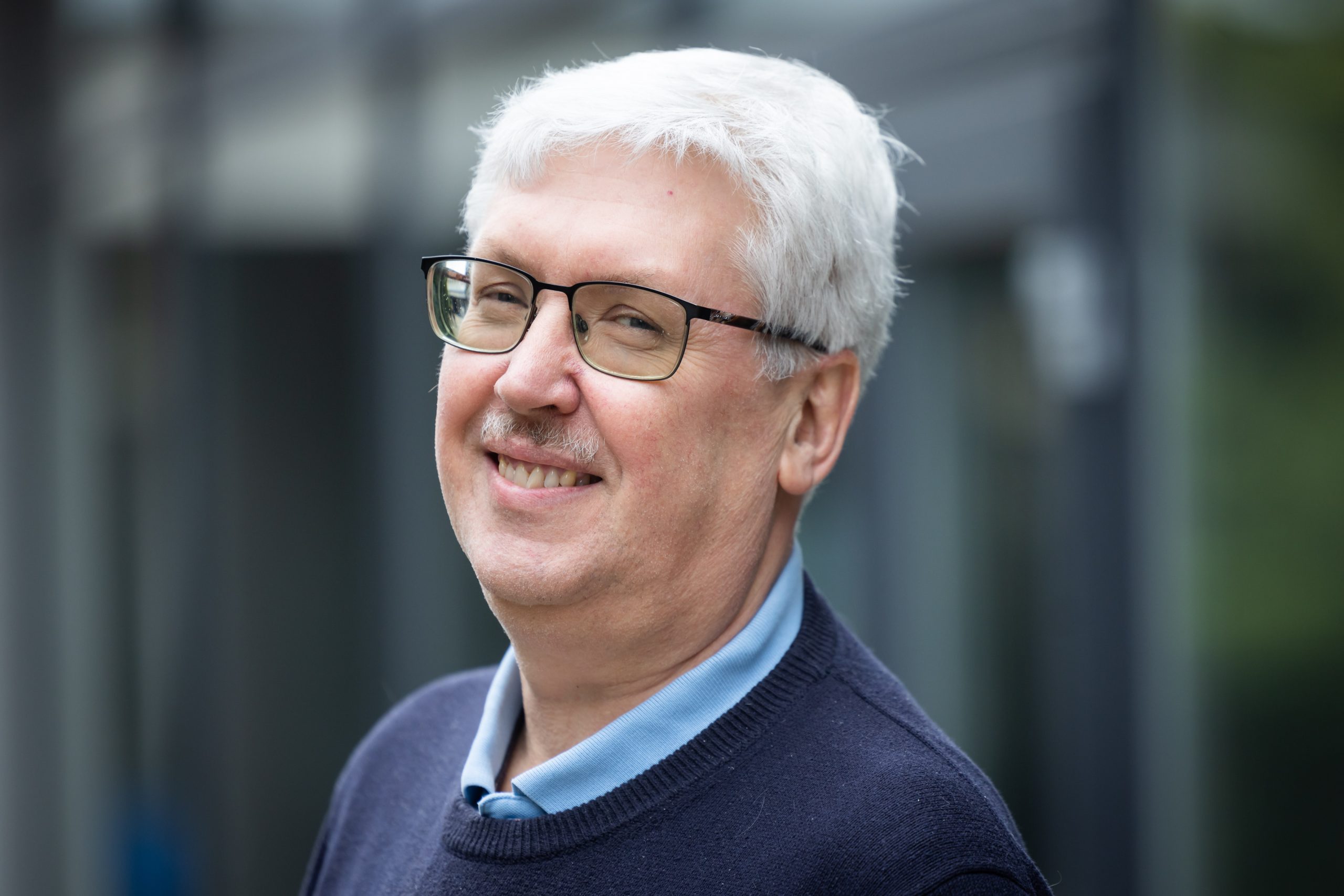
Dr. Darius Alekna
Board member Area of competence:
political history,
christian history.
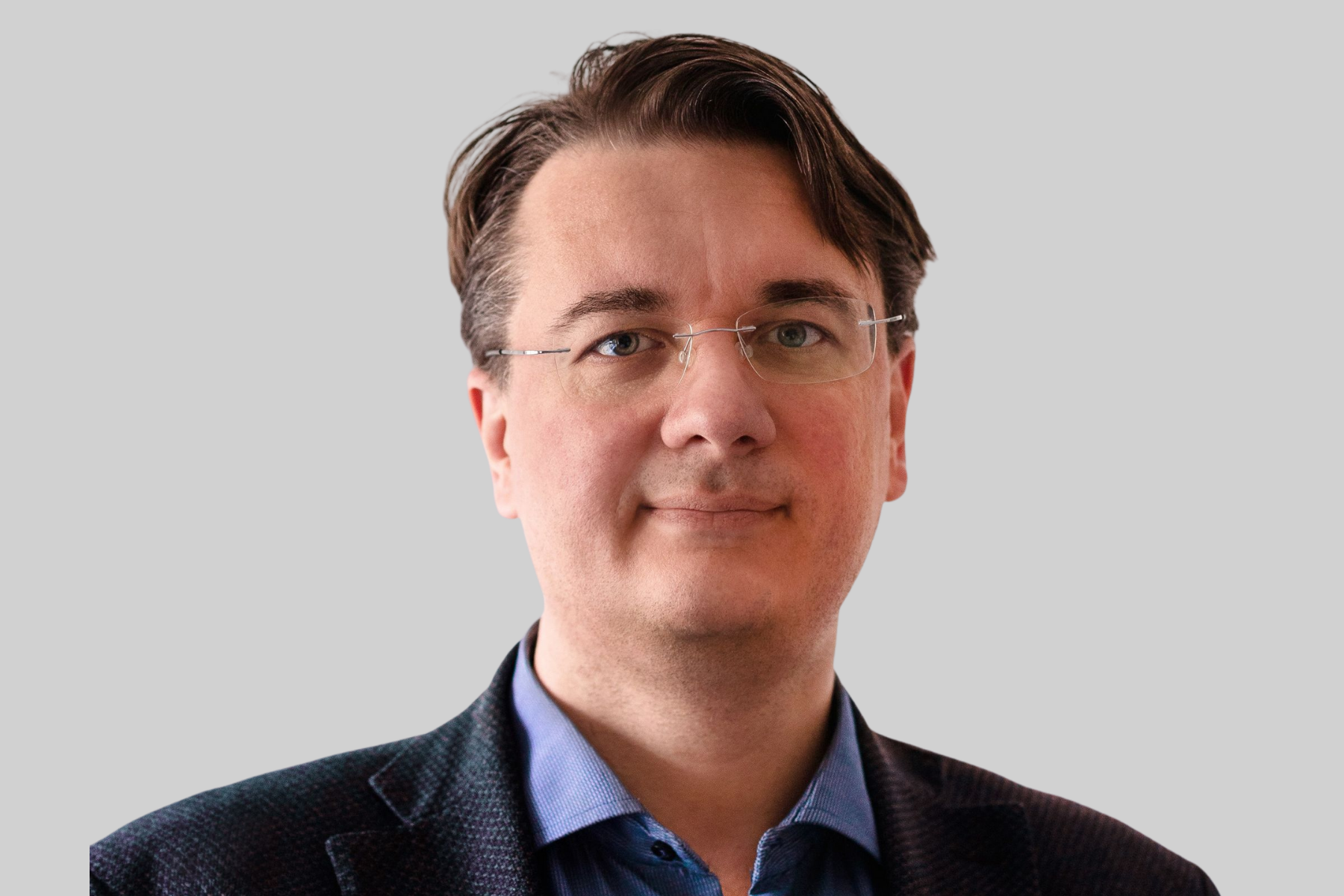
Doc. dr. Paulius Čerka
Expert Area of competence:
tax law,
international investment law,
mediation.
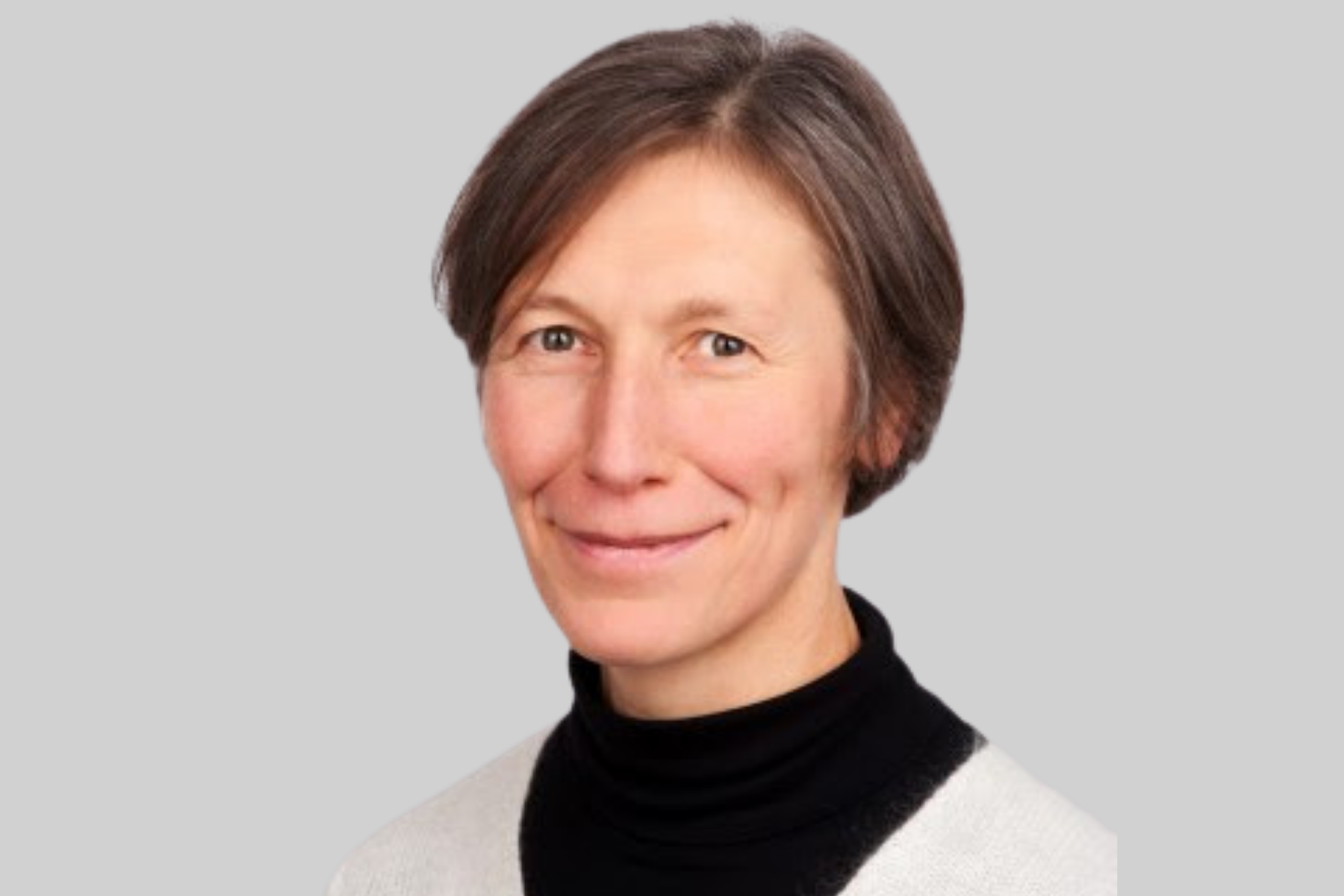
Dr. Daiva Kristina Kuzmickaitė
Expert Area of competence:
social work,
international migration,
NGO and civil society,
qualitative research.

Dr. Živilė Advilionienė
Expert Area of competence:
social research,
sociology of religion,
Christian Social Anthropology.
Contacts
| Contact details: VšĮ “Laisvos visuomenės institutas” Company code: 303081003 Address: M. K. Paco g. 4, Vilnius Bank account: LT417300010135577285 Bank: Swedbank AB Bank code: 73000 SWIFT code: HABALT2 E-mail: info@laisvavisuomene.lt |
